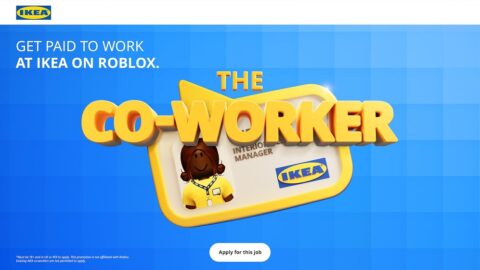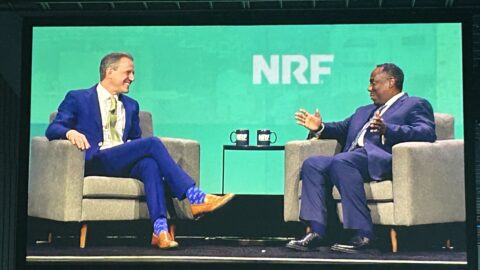Retail organizations are still struggling to tackle high turnover, especially at the store level, and yet the strategies to address this ongoing challenge tend toward the tactical. Achieving more long-lasting solutions may require a broader approach that addresses one of the biggest reasons for high employee attrition: company culture.
When learning and development are part of a company’s culture, leadership can see 30% to 50% higher engagement and retention rates, according to Deloitte.
Why Culture is So Critical
Culture, at its core, is the underpinning of an organization. Most CEOs (71%) agree that culture is a top factor that positively impacts financial results, up from 26% in 2021, according to Heidrick & Struggles.
Culture creates alignment, ensuring that everyone is rallied around the same mission and vision. It helps keep team members at all levels focused on building products and experiences that customers love. This is especially critical (and incredibly difficult) for retail executives building and managing an ecosystem of teams, functions and stores.
Advertisement
Collaboration, learning and professional development all play a role in feeding this culture machine.
Download the full report, How to Use Technology to Thoughtfully to Empower Employees…From HQ to the Store, to access detailed research on employee productivity from Slack and success stories from Saks and Cole Haan.
Addressing the Gap Between ‘Rational and Emotional Commitment’
While many executive leaders now acknowledge the importance of building a culture rooted in learning and collaboration, few are investing in tools and experiences that drive employee engagement: only 33% of U.S. employees are engaged, and an additional 17% are actively disengaged, according to Gallup.
“As a country of leaders, we are failing [our people],” said Brian Librach, a seasoned retail executive and author of The Retail Leader’s Roadmap in an interview with Retail TouchPoints. He added that among all retail employees, both at HQ and in stores, there is “high rational commitment and low emotional commitment.”
Retail leaders are feeling the repercussions of this gap most strongly at the store level: 70% say their top store operations challenge is hiring and retaining associates, and 67% report struggling with high employee turnover rates. Slightly less, but still a majority (56%) are challenged by employee training and engagement, according to Retail TouchPoints research. Yet organizations are still focused on cutting expenses, especially at the store level, which often shortchanges learning and development initiatives.
“Most [store associates] are operating at 60% to 70% of what they’re capable of — and it’s not for lack of effort or because they’re not working hard,” Librach said. “They’re spinning on a hamster wheel more than anything else. Technology can slow [the spinning] down, helping them create clarity and focus on goals, tasks and priorities. This can help retailers ensure that teams, functions and the entire organization are rallying around the same mission and vision.”
Development and Technology Can Drive Cultural Improvements
To address these challenges, retail organizations must prioritize the deployment of new technologies and philosophies that support learning, development and collaboration, including:
- Developing a foundational culture that ensures employees feel appreciated and empowered;
- Identifying the right technology based on HQ and store employee needs and expectations; and
- Developing a system for achieving and measuring success that aligns to key performance indicators.
If you’re ready to get started on your company culture journey, the next stop is our free guide. You’ll get practical insights into how to take all the steps outlined above and measure the results, as well as detailed research on employee productivity from Slack and success stories from Saks and Cole Haan. Download your copy now.



















